Christmas: Book gift guide 2015 - best of the year's novels from Marlon James to Tessa Hadley
Whether you are searching for a Christmas gift or looking for enjoyable reading for yourself during the festive season, there is a massive selection of literary fiction to choose from. So we have helped to minimise your research for you and selected five of the best novels published in 2015.
If you want to know about Anne Enright's latest work or are interested in Booker Prize winner Marlon James, check out IBTimes UK's pick of 2015's finest literary offerings.
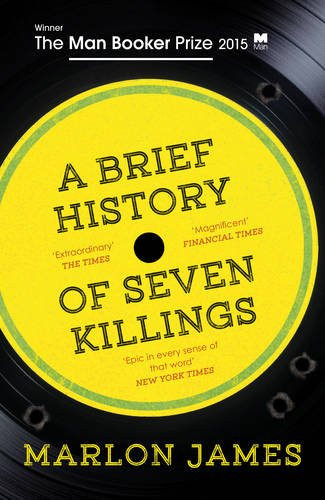
A Brief History Of Seven Killings by Marlon James (Oneworld publications)
The attempted assassination of Bob Marley plus the gore of Jamaica in the 1970s
James re-imagines the attempted assassination of Bob Marley and its aftermath. Marley's seven would-be assassins were never caught and James conjectures their respective fates. The backdrop is Jamaica during the 1970s and early 1980s, when the island endured an especially gory period. This is a challenging but rewarding read. James employs several different narrators, offering phonetic rendition of accents ranging from patois to the refined English of a colonial ghost. Moreover, there are no less than 75 characters leaping and out of the story, as it progresses in fits and starts. James's career shows a fascination with darkness and bloodshed. With his most ambitious novel to date, he can be compared to a literary Quentin Tarantino.
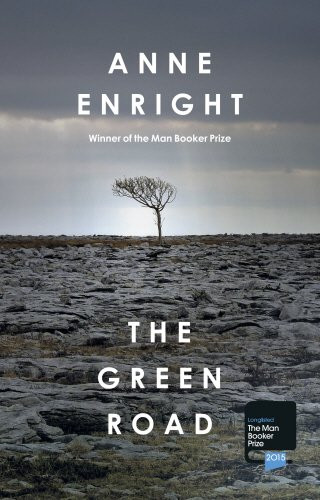
The Green Road by Anne Enright
(Jonathan Cape)
A daring and brilliant portrait of a fragmented and disconnected Irish family
Enright's story takes in several time periods. It opens in 1980 as Dan declares he is becoming a priest. Then we leap to 1991 to find him immersed in New York's gay scene - one of several milieux described with striking verisimilitude by Enright. Six years on, back in Ireland Dan's sister Constance waits for the results of a mammogram that will point to breast cancer. Further episodes take in Mali, where younger brother Emmet is an NGO worker, and Dublin, with disillusioned sister Hanna. Enright's characters seem unusually real because – paradoxically – she keeps much of their inner lives hidden. She offers a searching insight or arresting phrase on every other page as the whole becomes an unforgettable portrait of a disconnected family.
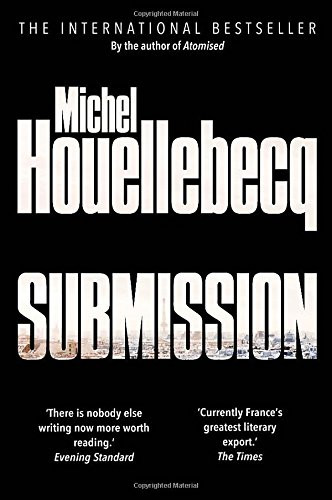
Submission by Michel Houellebecq
(William Heinemann)
As controversial as ever, Houellebecq has imagined a Muslim takeover of France
Houellebecq's novel has prompted widespread comment both because of its superior satire and its appearance as radical Islam causes carnage in Europe. It is set in 2022, when the Muslim Brotherhood wins the presidential election. Our anti-hero François is a dissolute lecturer who, as a non-Muslim, loses his job at the Sorbonne. But he envies the polygamy of Muslim converts and their freedom from existential doubt, and finds himself increasingly drawn to Islam. The satire pivots on the overlap between reactionary sharia perspectives and patriarchal Gallic sexism. This provocative fable could be dismissed as sensationalist nihilism, were it not that Houellebecq recently voiced spiritual yearnings of his own. In the meantime, he has outraged left wingers and Muslim communities alike.
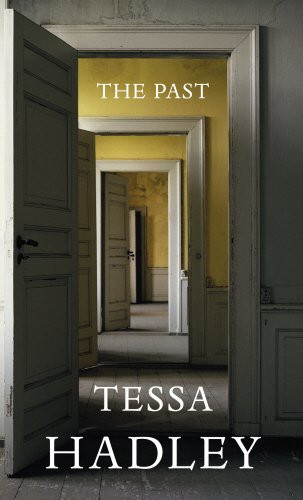
The Past by Tessa Hadley (Jonathan Cape)
Tensions are to the fore in this luminous exploration of family and inheritance
One summer, four adult siblings meet in what was their grandmother's home. But it is not a carefree vacation because they must decide whether or not to sell it. The siblings have retained their childhood pecking order, but new dynamics steadily arise. Woven into the main narrative is a flashback to 1968, when their mother Jill fled back to the family home from her husband.
Hadley is one of British fiction's best kept secrets. She has a penetrating eye for detail, a subtle sense of humour and writes startlingly good prose. Her concern here is legacies from the past: are its ornaments and rituals a comfort or a burden? The whole resembles Big Brother set in a National Trust property.
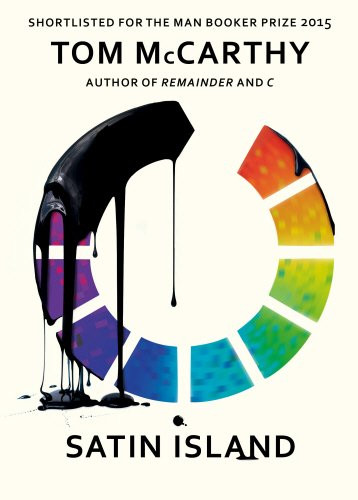
Satin Island by Tom McCarthy
McCarthy's avant-garde novel is dizzyingly ambitious and packed with intellectual riffs
Satin Island's first-person narrator, called simply "U", is an ethnographer employed by a transnational business. To further its corporate ends, he seeks out for patterns and connections in human discourse. Under his restless scrutiny, trends reveal themselves and themes emerge. But U's search for the structures behind everything may be futile. McCarthy offers unforgettable set pieces and images. At Mecca, for example, massed worshippers take on the appearance of water circling round a plughole. His text is packed with sub-textual references: Dostoevsky, Kafka, Melville, Burroughs, Pynchon and others. McCarthy is an incorrigible modernist, so amid the formal play, resolution remains firmly out of reach. In dazzling prose, his book teases us for our vanity in searching for understanding.
© Copyright IBTimes 2025. All rights reserved.





















